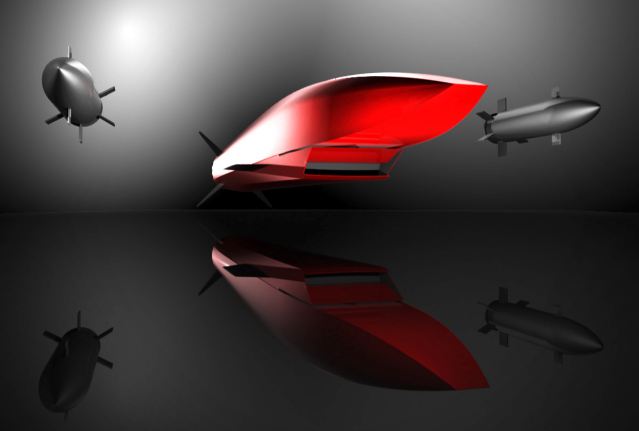On 1st July 2013, the French DGA (Direction Générale de l’Armement) successfully carried out the first qualification firing of the naval cruise missile (MdCN or Missile de Croisière Naval). The firing, which took place at the DGA’s Biscarrosse missile test center (situated in the department of Landes in South West France), was representative of a firing from a frigate.
The firing scenario was especially demanding as, in addition to meeting range objectives, it also served to validate the missile’s performance with regard to its autonomous terminal navigation using infrared target recognition.
This success is the result of intensive coordinated efforts involving many state participants (the DGA’s centres of expertise and testing, the DGA’s quality control department and the French Navy) and industry (MBDA France).
MdCN will eventually equip the French Navy’s multi-mission frigates (FREMM) and its Barracuda submarines.
Featuring a range of several hundred kilometers, MdCN is intended for strikes against targets deep within enemy territory. It complements the SCALP air-launched cruise missile from which it is derived.
Carried on combat vessels positioned for lengthy periods at a safe distance in international waters, either overtly (on frigates) or discretely (on submarines), MdCN is designed to carry out missions calling for the destruction of high value strategic targets. The MdCN contract was notified to MBDA by the DGA at the end of 2006.










